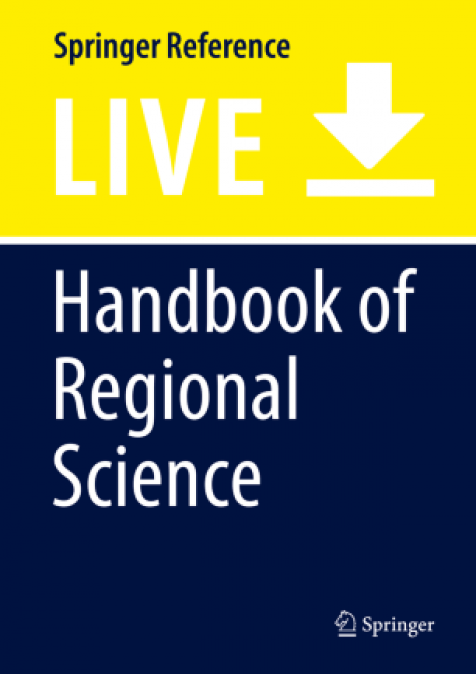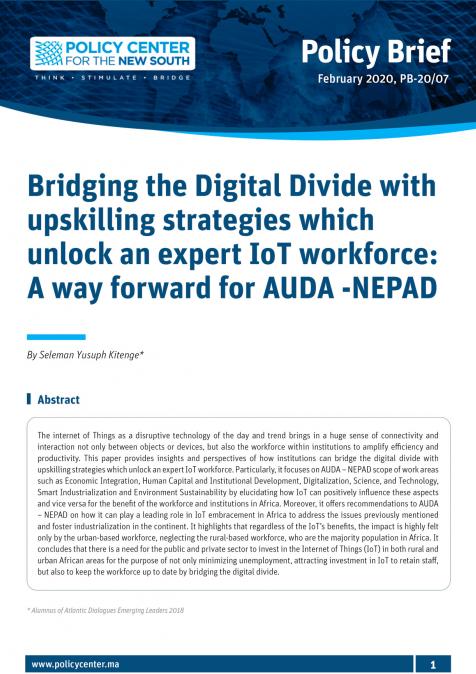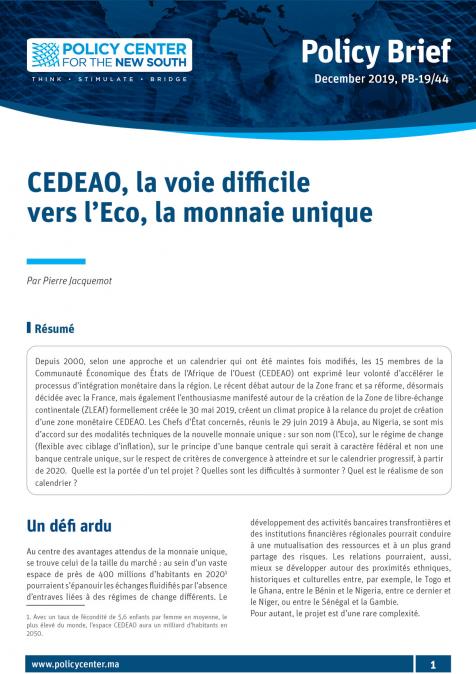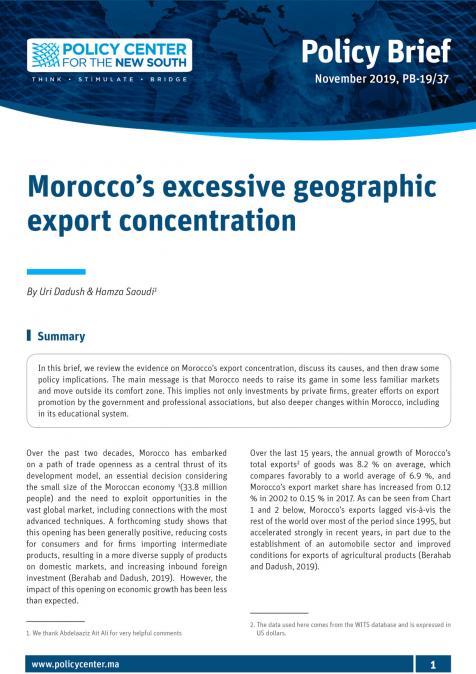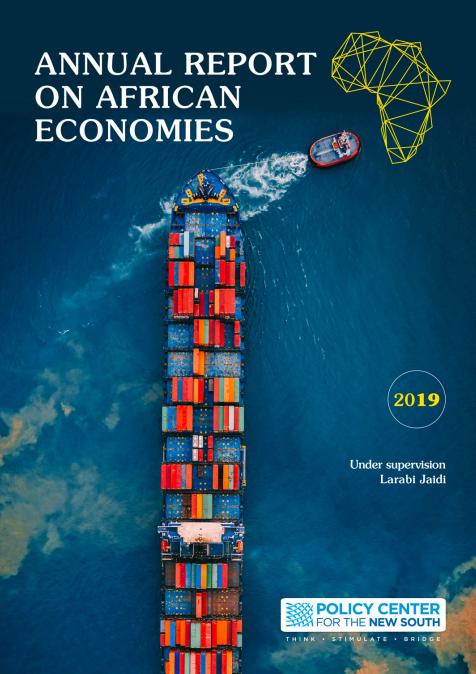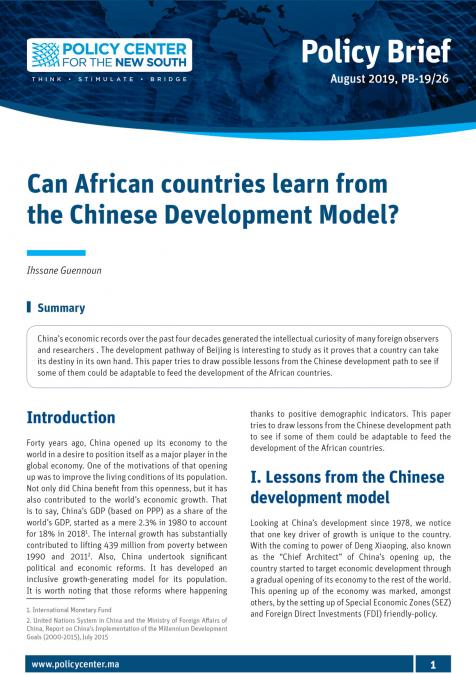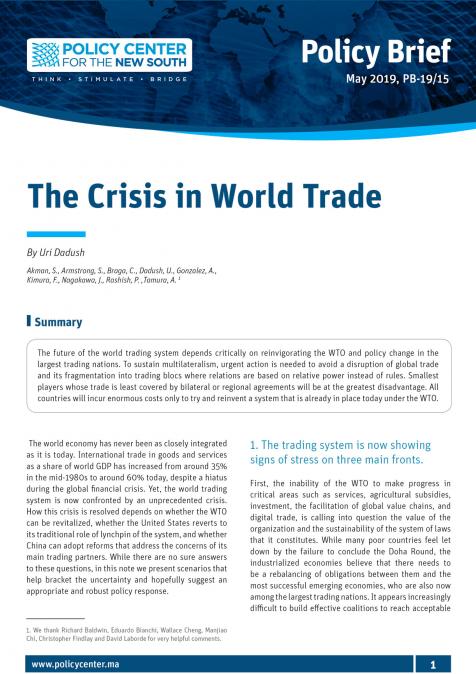Podcasts
A Practitioner’s Guide for Building the Interregional Input-Output System for Morocco, 2013
Related topics:
This podcast is performed by Eduardo Amaral Haddad. This podcast reports on the recent developments in the construction of an interregional input-output matrix for Morocco (IIOM-MOR). As part of an ongoing project that aims to specify and calibrate an interregional CGE (ICGE) model for the country, a fully specified interregional input-output database was developed under conditions of limited information. Such database is needed for future calibration of the ICGE model. We conduct an analysis of the intraregional and interregional shares for the average total output multipliers. Furthermore, we also show detailed figures for the output decomposition, taking into account the structure of final demand.


